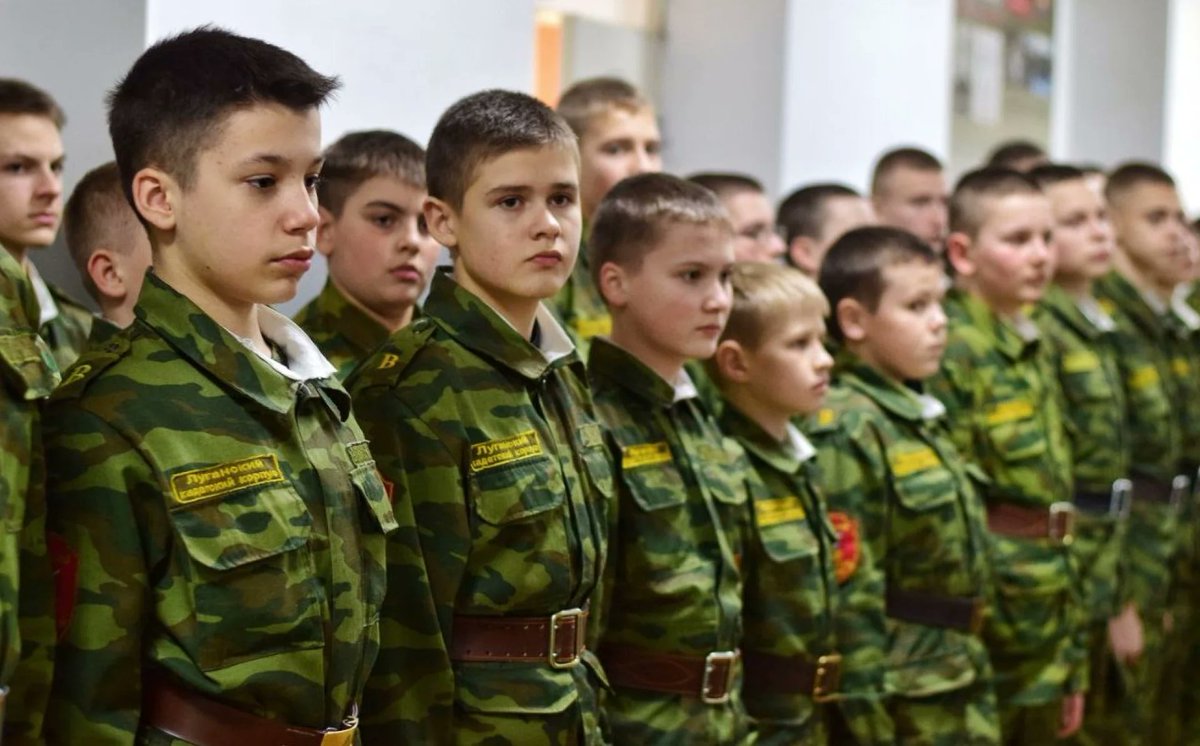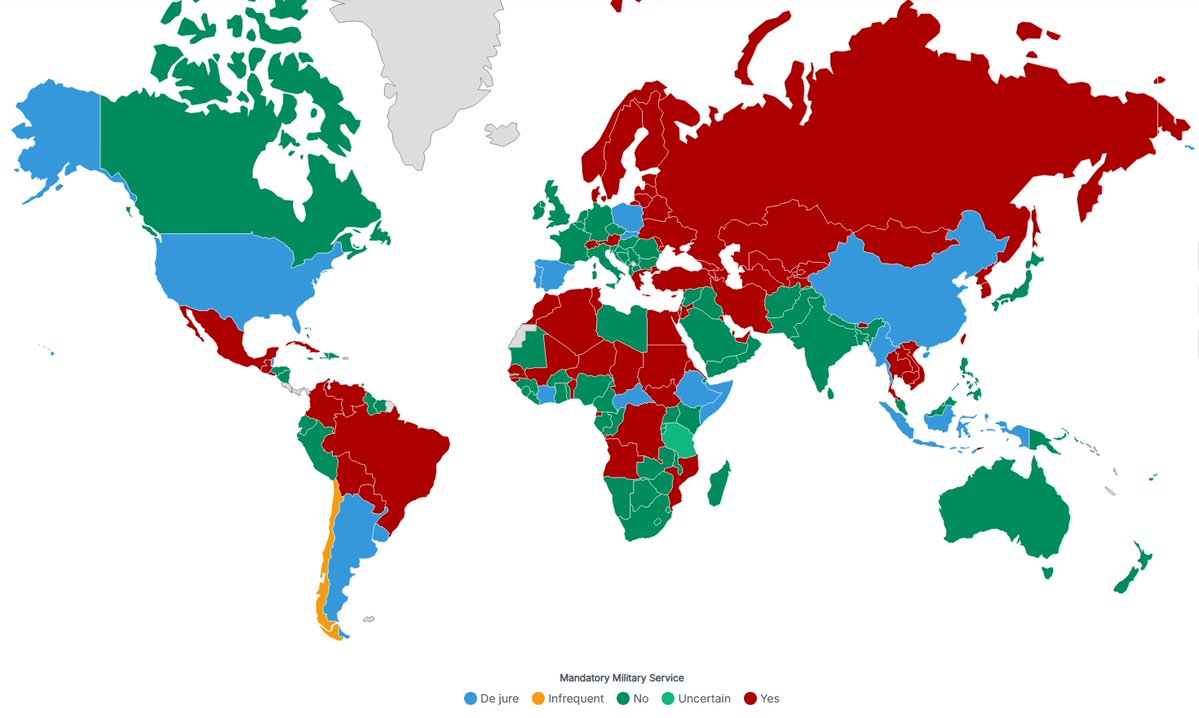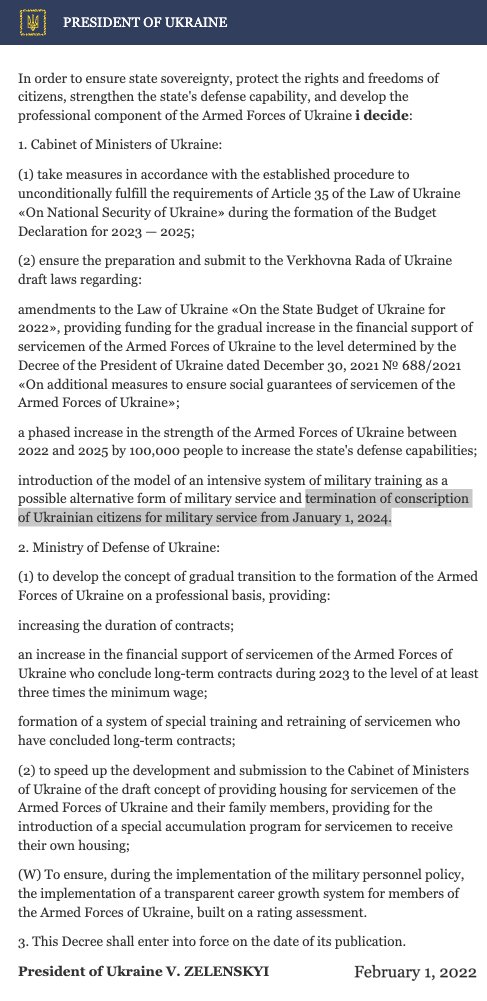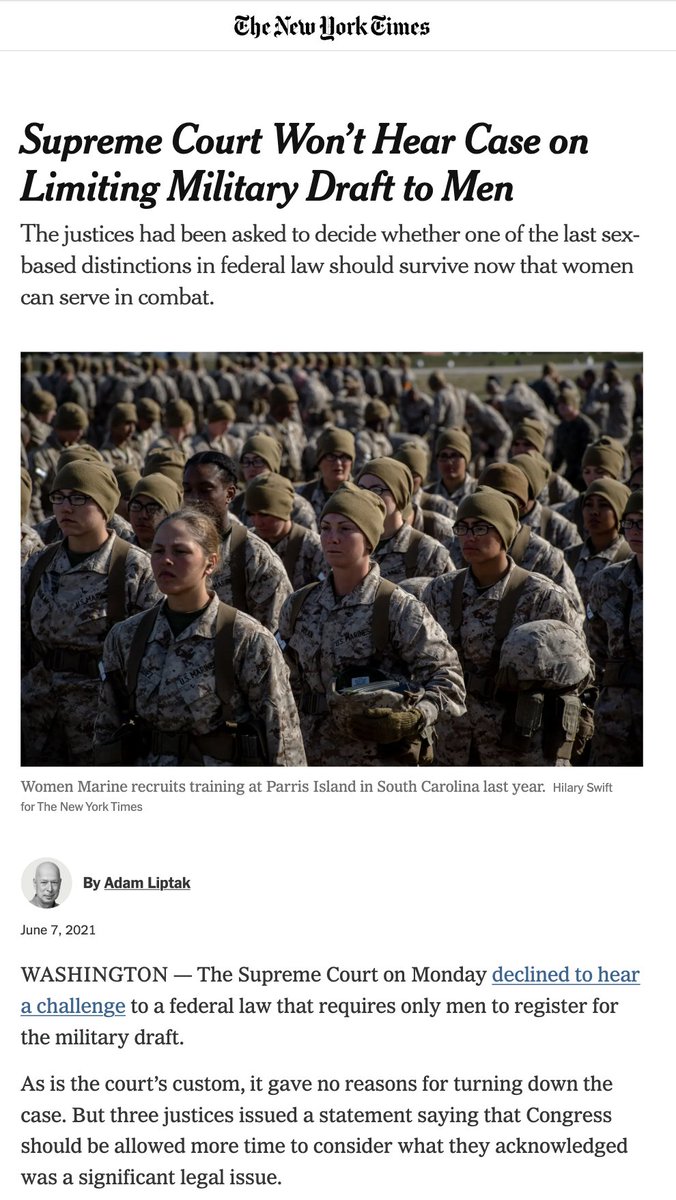In today's #vatniksoup, I'll introduce an Austrian journalist, Christian Wehrschütz (@Wehrschu).
He's best-known for supporting and spreading pro-Kremlin narratives on the Russo-Ukrainian War.
1/20
He's best-known for supporting and spreading pro-Kremlin narratives on the Russo-Ukrainian War.
1/20
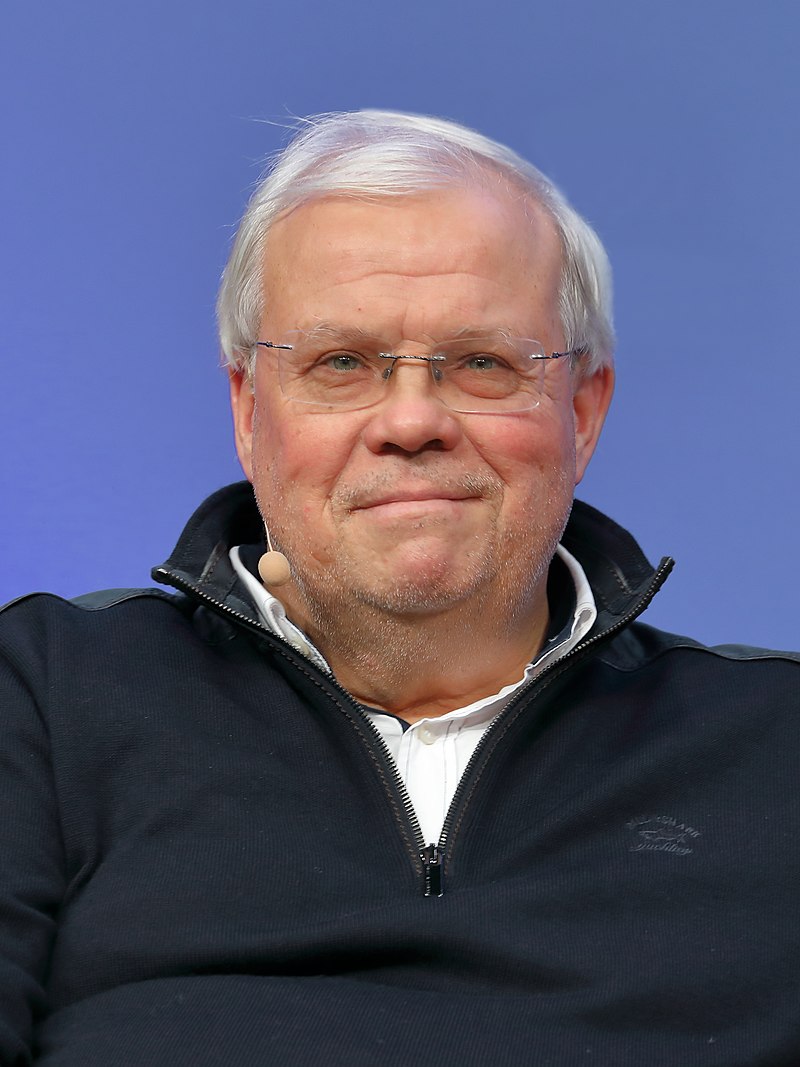
As I've previously written, Austria is a hotspot for pro-Kremlin activities:
This is often factored to strong Russo-Austrian economic ties, but there are other variables at play, too. One of those is the way how @ORF, Austria's biggest media...
2/20
This is often factored to strong Russo-Austrian economic ties, but there are other variables at play, too. One of those is the way how @ORF, Austria's biggest media...
2/20
https://twitter.com/P_Kallioniemi/status/1622546510398255108
...company, has framed Russia's invasion of Ukraine since the Revolution of Dignity took place in 2014.
For example, recently this state-funded public broadcaster became under scrutiny for showing fake news:
3/20
For example, recently this state-funded public broadcaster became under scrutiny for showing fake news:
3/20
https://twitter.com/P_Kallioniemi/status/1692083640128172165
Almost 70% of Austrians follow ORF's radio coverage, and their website boasts with over 120 million monthly visits. ORF's reporting might be one of the reasons why Austria's pro-Russia sentiment is on the rise, and right-wing, pro-Kremlin parties like FPÖ lead the polls.
4/20



4/20



Wehrschütz started his media career back in the 80s, when he contributed to the Austrian far-right magazine Die Aula. Later he was the editor of "Neue Freie Zeitung," the official publication of FPÖ. Wehrschütz was also member of FPÖ until 2002.
5/20



5/20



He worked as a part-time correspondent in Kyiv, and his controversial takes started already in 2014, when he published a book called "Brennpunkt Ukraine". In it, he claimed that "there was, of course, an organization that someone financed" the Revolution of Dignity.
6/20
6/20

This same claim, without a shred of evidence, has come from filmmakers like Igor Lopatonok, whose propaganda piece "Ukraine on Fire" provided us a very one-sided image of what happened in Ukraine in 2014:
7/20
7/20
https://twitter.com/P_Kallioniemi/status/1660664743886036993
On 20 Feb 2014, he blamed the violence in Kyiv to the "extreme opposition", saying that they've sent snipers on the scene. He somehow forgot to mention the Berkut snipers, the paid "Titushky" thugs & the constant meddling of pro-Russian actors in his "balanced" report.
8/20
8/20

Later, in 2022, he doubled-down on his claims, insisting on the "correctness" of his reporting and self-praising his ability to "draw a far more differentiated picture than was offered by the usual Maidan reporting," that he called "a one-sided good/evil scheme"
9/20
9/20

After Russia illegally annexed Crimea and parts of the Donbas, Wehrschütz called the latter "pro-Russian rebel republics". As we now know from the Surkov and Glazeyev leaks, these sentiments were largely fabricated by the Kremlin propagandists and businessmen.
10/20



10/20



In Feb 2015, he stated in an interview that "It is clear Putin is no longer interested in aggravating the conflict because it involves extremely high costs." Before this interview, he was awarded with Austria's coveted "Journalist of the Year" for his "balanced" journalism.
11/20


11/20


In Dec 2018, the Ukrainian authorities refused to renew his authorization to work in the front line area in Donbas. At the same time, he claimed to be in danger and threatened by Ukraine's "militant, ultra-nationalist groups". He also demanded a diplomatic intervention.
12/20
12/20
Then-Foreign Minister Karin Kneissl, the same Kneissl with #vatniksoup fame, intervened publically on Wehrschütz's behalf. She has since moved to Russia, calling it "her world" and better place for holiday than Seychelles or Maledives. To each their own, I guess.
13/20



13/20



Eventually, due to Kneissl's and the Austrian government's pressure, Wehrschütz's authorization to work in the Donbas front lines was returned. Russian propaganda machinery couldn't miss this opportunity and quickly produced some articles defaming Ukrainian authorities.
14/20


14/20


In March 2019, despite the Austrian government and Kneissl lobbying hard on his behalf, Christian faced a ban on entering Ukraine, which he protested in a Kyiv court. His lawyer, Maryna Parinova, allegedly has connections to Yanukovych's old administration.
15/20
15/20

Wehrschütz has also written for Austria's biggest tabloid called "Kronen Zeitung," in which he has warned about "escalation" & criticized the weapons deliveries to Ukraine. @Wehrschu,do you agree that this "diplomacy" should include Russia leaving Ukraine, including Crimea?
16/20
16/20

In regard to Bucha, he questioned "whether all the corpses lying around there have really been victims of Russian war crimes." He continued that "The pictures from Bucha are terrible - but the hypocrisy of the West and its failed policies of the past 30 years are terrible."
17/20


17/20


Some weeks later, he he did "not yet want to speak of a massacre", because of they, in his opinion, were used for "influencing public opinion". Later, when the overwhelming evidence of Russian atrocities came to light, he asked that "who is still talking about Bucha today?"
18/20
18/20

Ukrainian Ambassador to Austria, Vasyl Khymynets, was later outraged by Wehrschütz's comments on Izium mass graves. He said that Russian war crimes could not be verified and added that "we should not forget about the media and information war."
19/20


19/20


Allegedly, Mr. Wehrschütz has hired a group of high-profile lawyers who are known to sue everyone in Austria he deems even a slight threat to his reputation as an "objective" reporter.
I'm not sure if spreading Kremlin propaganda helps his image as an objective journalist.
20/20


I'm not sure if spreading Kremlin propaganda helps his image as an objective journalist.
20/20


• • •
Missing some Tweet in this thread? You can try to
force a refresh


